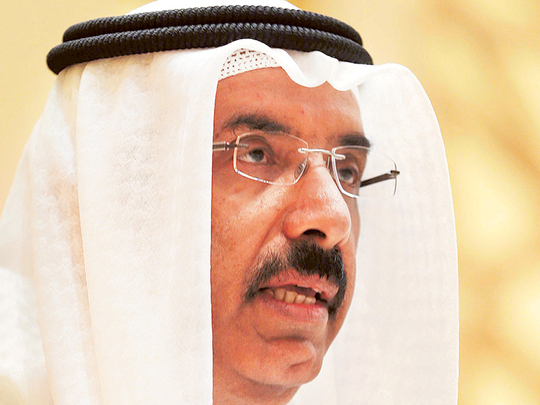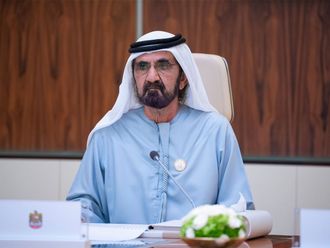
Abu Dhabi: A parliamentary panel of the Organisation of Islamic Cooperation (OIC) met in Abu Dhabi on Sunday to review a UAE-proposed anti-terrorism charter to eliminate international terrorism, condemning the association of terrorism with any specific religious, cultural or ethnic grouping.
The members of the Parliamentary Union of the Organisation of Islamic Cooperation Member States (PUOICM) have unanimously approved a proposal submitted by the Parliamentary Division of the UAE’s Federal National Council (FNC) for drafting the union’s draft Islamic parliamentary charter on combating terrorism and extremism.
The UAE’s proposal was approved during the Parliamentary Union of the OIC meeting’s 10th session which took place on January 20-22 in Istanbul, Turkey.
The executive committee of the OIC’s parliamentary body was tasked with preparing a draft of the ‘Islamic Parliamentary Charter on Action against Terrorism and Extremism’.
The UAE’s proposal reiterated the need to make a distinction between terrorism, and the exercise of the legitimate right of peoples to resist foreign occupation.
The draft charter also calls for promoting interreligious and intercultural dialogue between the OIC Parliamentary Union, on the one hand, and the European Union, the Parliament of Latin America and the US Congress, on the other hand.
Mohammad Ahmad Al Murr, FNC speaker, said there was no religious doctrine supportive of terrorism and that it was crucial for the international community to cooperate and apply a comprehensive counter-terrorism strategy that addressed terrorism’s root causes.
The draft counter-terrorism charter based on international law calls on individual states to refrain from inciting hatred against any religious and cultural systems, calling special attention to provocative acts that had been taken against Islam. It also urges to define terrorism and to distinguish it from the right of people to self-determination. Further, technical assistance should be given to countries to combat terrorism, and international plans should strengthen assistance to victims of terrorism.
The UAE is pursuing a policy to fight terrorism and terrorist financing, as well as activities to address its causes, including poverty reduction, education and dialogue. National legislations had been passed on money laundering and prosecuting transnational crimes, small arms and weapons. The UAE was committed to regional, subregional and national coordination that ensured air, sea and land corridors not be used to carry materials into the hands of terrorists. Additionally, his country had joined a number of international and regional conventions and had, among other accomplishments, created the International Centre of Excellence on Countering Violent Extremism.
The UAE’s proposal also calls for setting up a strategy to address the conditions conducive to the spread of terrorism and build capacity to prevent and combat terrorism.
These efforts should include a comprehensive process of reforms. Muslims countries should endeavour to improve their image in the world to appear as a nation of culture and civilisation. Effective initiatives must also be undertaken to educate non-Muslims concerning correct Islamic concepts of peace and tolerance and to clarify the incorrect views of Islam held by some, states the draft charter.











